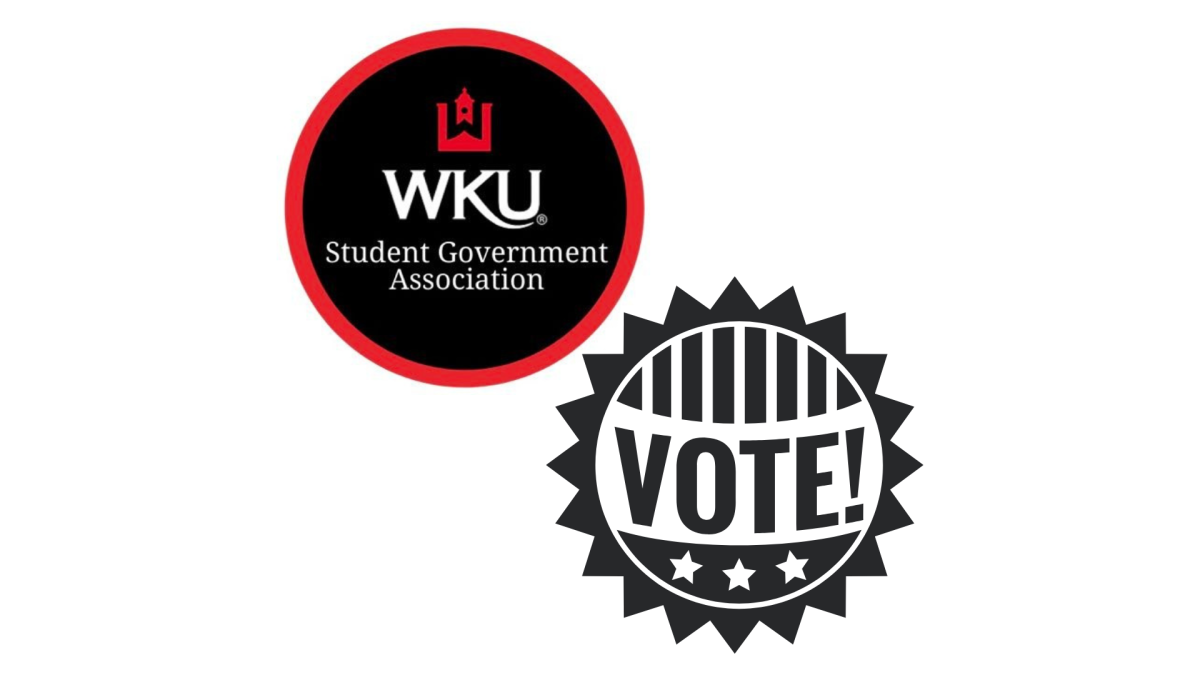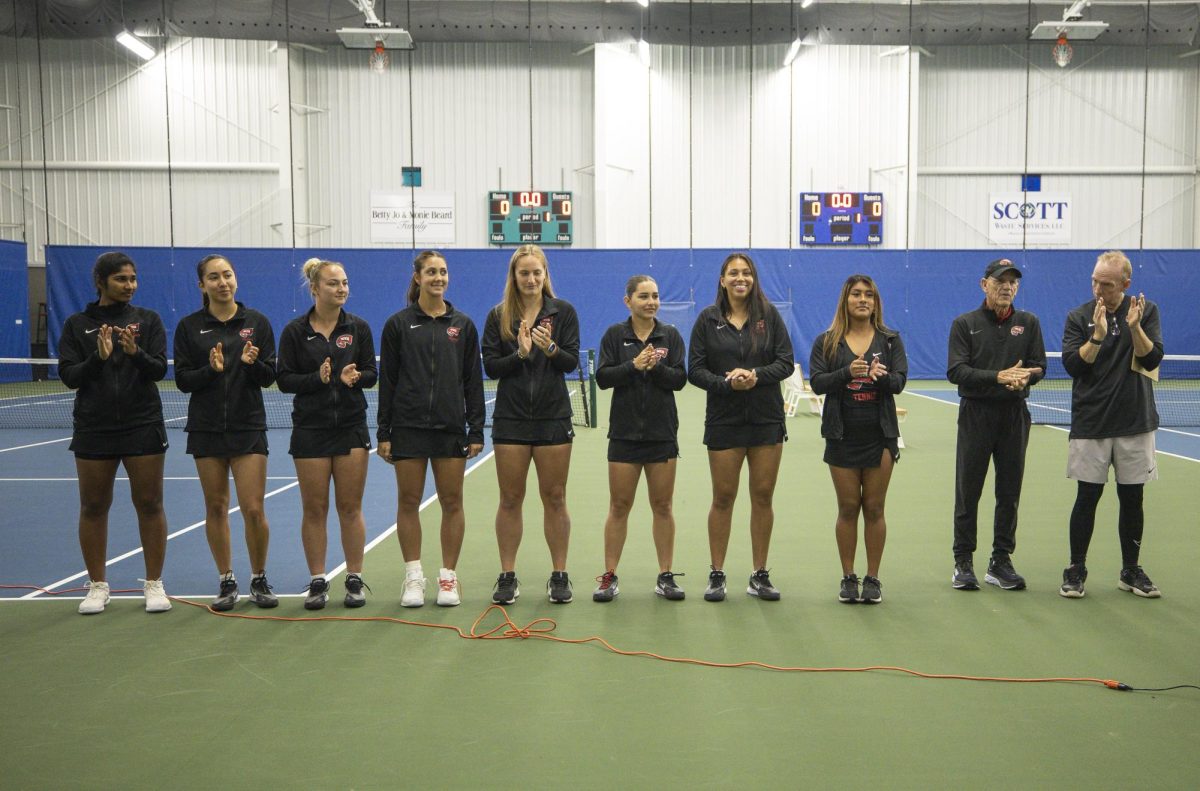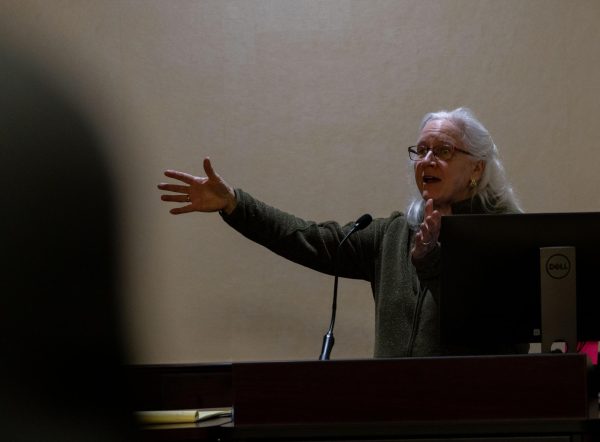Search firm used closed process in past
September 28, 2016
Questions have been raised about the search for the next university president, and whether the identity of the candidates for the position will be made known publicly before candidates are chosen.
Isaacson, Miller, the executive search firm hired by WKU to aid in the presidential search, announced in April they would be serving as the search firm. The contract with Isaacson, Miller was originally signed in April, with an extension of the contract signed in May, according to a personal service contract between WKU and Isaacson, Miller, Inc.
Phillip Bale, chair of the presidential search committee, said Isaacson, Miller has “spent a lot of time networking,” and is working to create as “good, deep, and diverse pool of applicants as they can.” Bale said the firm is currently working to screen applicants, and provide their information to WKU and the search committee.
“You want to avoid surprises whenever you can, that’s another function they play,” Bale said.
Isaacson, Miller was previously used as the search firm at Miami University in Oxford, Ohio, earlier this year. According to the Journal-News, Miami University utilized a closed search for their current president, Gregory Crawford.
During the search, 140 faculty members signed a petition for the administration to release the names of the two finalists. Ultimately, the administration of Miami University did not release the names, and only announced their final selection of Crawford, according to the Journal-News.
Administrators at Miami University also said they were worried about candidates dropping out of the presidential search if their names were known, according to the Journal-News.
Isaacson, Miller’s contract with WKU will end June 30, 2017, President Gary Ransdell’s last day, according to the contract extension between WKU and Isaacson, Miller. According to the personal service contract, WKU will pay Isaacson, Miller up to $185,000 for their services.
Bale said that from the applicant information provided to the search committee, top applicants will be selected, and Isaacson, Miller will, in turn, provide more information on those candidates.
This semester, concern has been voiced at forums and faculty senate meetings about the potential for the presidential search to be closed, meaning that the final candidate would not be known until an official announcement is made.
At the September University Senate, chair Kate Hudepohl brought up the presidential search, saying that she was told by Isaacson, Miller representatives that it was “their understanding” the search would be closed.
“This person will be part of the campus community and the idea that constituencies that this person will be working with will not get the chance to meet him or her is troublesome,” Hudepohl said at the senate meeting.
Barbara Burch, faculty regent and presidential search committee member, said at the University Senate meeting that it would ultimately be up to the Board of Regents to make the decision about whether the search will be open or closed to the public.
Bale echoed this statement, saying that a decision had not been made at this time.
“No one can say if it will be a closed search at this point,” Bale said.
Bale said that if candidates are concerned about losing their current jobs, they may want to keep their applications for the position confidential. Bale said that especially at the beginning of the search, they wanted to avoid eliminating any candidates.
“I think it will depend heavily on the candidates,” Bale said, later adding he would “hate to narrow the field so soon.”
Bale said that although he could not speak for the Board of Regents, he felt that it is too soon to say whether the search will be open or closed.
“I think it’s getting ahead of ourselves to say what the final version of the search will look like,” Bale said.
Reporter Monica Kast can be reached at 270-745-6011 or [email protected]. Follow her on Twitter at @monicakastwku.

























